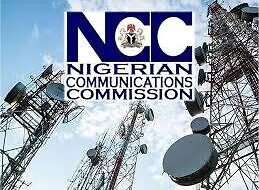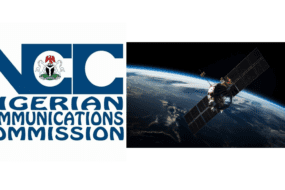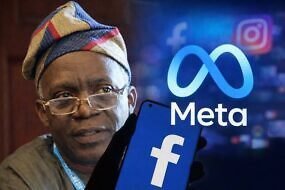A tug-of-war is brewing between Nigerian banks and telecom operators over the official rollout of end-user billing for USSD transactions. Despite announcements from banks like UBA and FCMB claiming that deductions from customers’ airtime began on 3 June 2025, both the Nigerian Communications Commission (NCC) and telecom operators say the system isn’t live yet.
Banks had informed their customers that the NCC had mandated the move from account-based billing to airtime deductions. “Charges for USSD banking services will no longer be deducted from your bank account,” a message from one bank stated. “They will now be deducted directly from your mobile airtime balance.”
However, senior officials at the NCC, speaking anonymously, have refuted the claim. They clarified that technical integration and system testing are still ongoing. “The technical integration and end-to-end testing are still being worked on,” one source said. “Banks will communicate commencement dates once the systems are fully ready.”
Debt Disputes and Misinformation Cloud Transition
The misunderstanding has sparked frustration from telecom operators. Engr. Gbenga Adebayo, Chairman of the Association of Licensed Telecom Operators of Nigeria (ALTON), described the banks’ statement as “misinformation deliberately hatched to suit their selfish interests.”
Adebayo explained that the billing shift was part of a broader joint regulatory agreement between the NCC and the Central Bank of Nigeria (CBN), not a unilateral directive. Under this agreement, banks were to switch to the airtime-based billing model only after settling their longstanding USSD debts to telecom operators by 2 June 2025.
“Some of the banks have cleared their debts, but the majority are yet to do so,” Adebayo said. He added that even if all testing had been completed, the switch could not begin until these debts were resolved. He also highlighted the importance of avoiding double billing, ensuring that users are not charged from both their airtime and bank accounts for the same service.
The ongoing delay signals that while the end-user billing model is in motion, Nigerian customers may need to wait a bit longer before it becomes a reality — with clear terms and no confusion.







No Comments